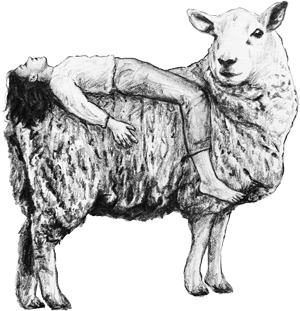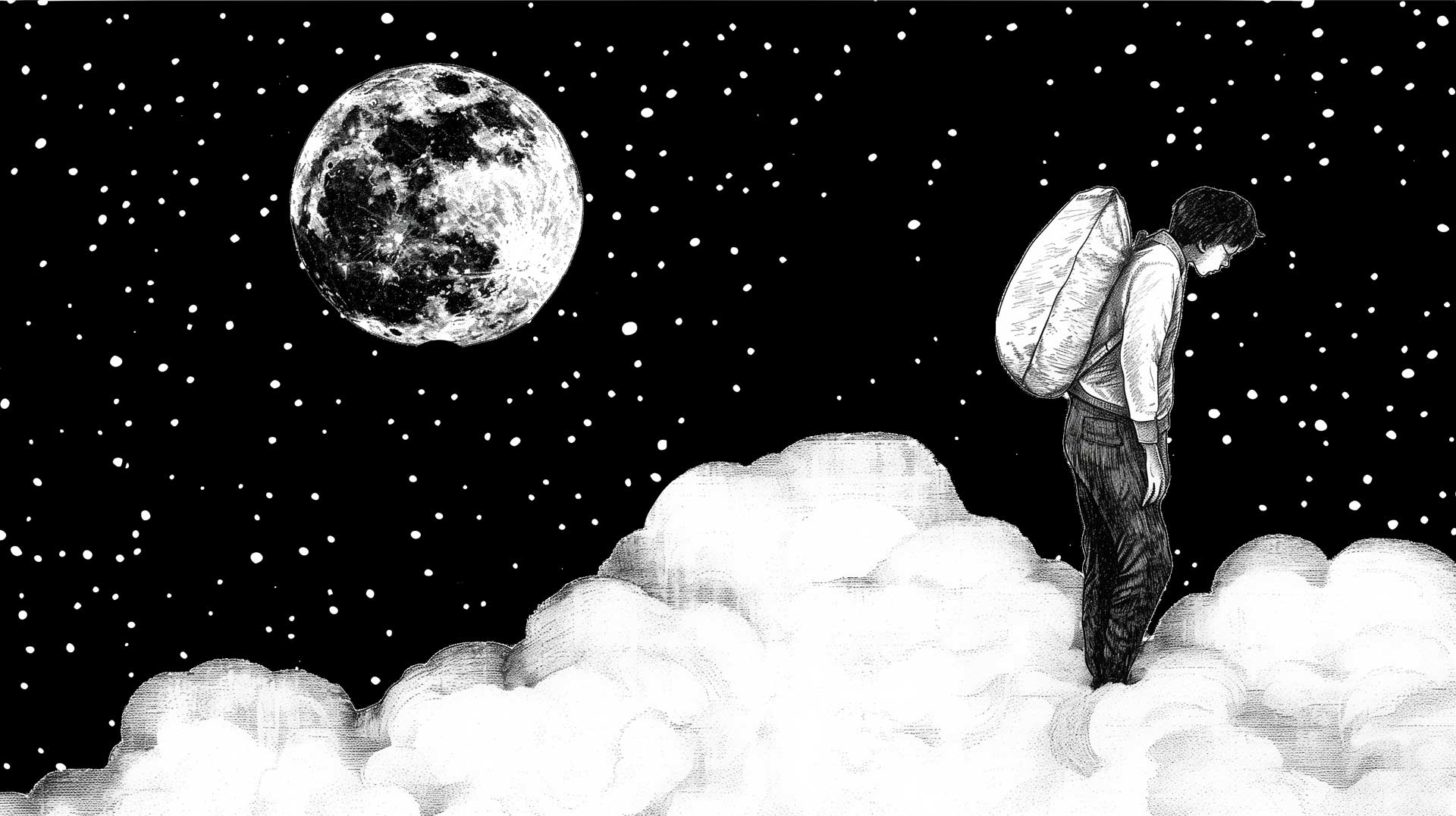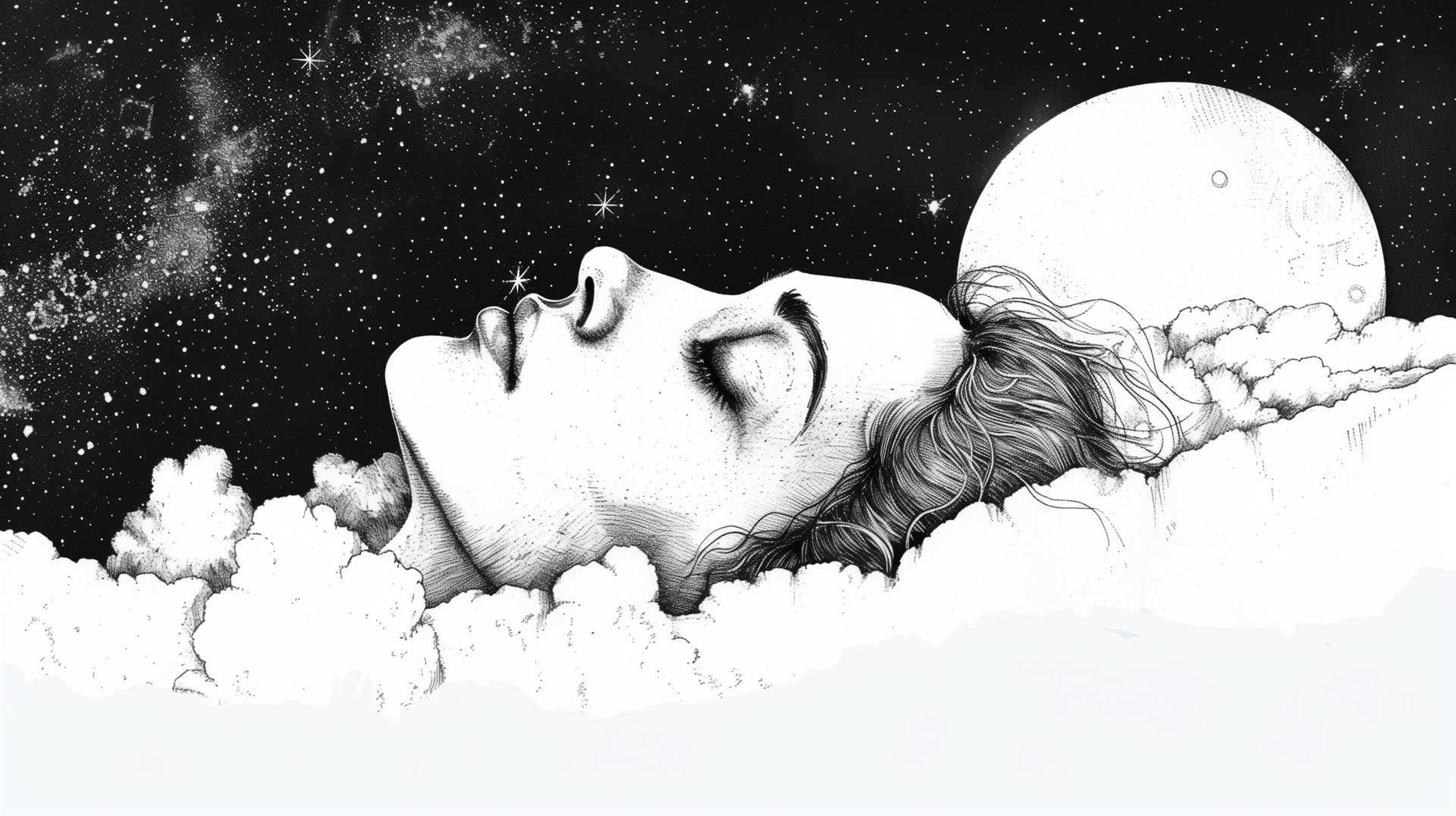Everyone knows that a good night's sleep is crucial for feeling great and performing well during the day, but have you ever wondered if sleep needs differ between women and men?
This isn’t just a casual question, it’s a question that has been explored in various scientific studies. In this article we dive into the details and see what the science says about how sleep differs between genders and why these differences might lead to one gender needing more sleep.
In this article, we will cover:
- How is sleep different for women and men?
- Why women might need more sleep.
- Do Men need more sleep then Women?
- The Scientific perspective on sleep needs.
How Sleep Differs Between Women and Men
Men and women’s sleep patterns are influenced by both biological and hormonal factors, making their sleep experiences quite distinct. Here’s a closer look at the key differences:
- Sleep Architecture: Research shows that women generally achieve more deep sleep, also known as slow-wave sleep. Deep sleep is crucial for physical restoration and memory consolidation. According to studies, women’s brains are more adept at entering this restorative sleep phase. This may contribute to why they can sometimes cope better with sleep disruptions.
- Hormonal Changes: Hormones significantly influence sleep. Women experience various hormonal fluctuations through menstruation, pregnancy, and menopause that impact sleep quality. For instance, during the premenstrual period, progesterone levels increase, which can enhance sleep quality. But they drop sharply later, which might disrupt sleep. During menopause, hot flashes and night sweats can severely impact sleep continuity.
- Prevalence of Sleep Disorders: Men are more likely to suffer from obstructive sleep apnea, with studies suggesting that male hormones may worsen or trigger the risk. Women, however, report higher rates of insomnia, influenced by both hormonal fluctuations and higher predispositions to mood disorders like anxiety and depression, which are closely tied to sleep quality.
- Restless Legs Syndrome (RLS): The chance of developing RLS is generally greater for women than for men. Studies and clinical observations consistently indicate that. Hormonal changes are believed to be a factor in that, but further research is necessary to fully understand this connection. Also factors such as iron deficiency, which is prevalent among women play their roll.
Why Women Might Need More Sleep
Several studies suggest that women might need slightly more sleep than men, but the difference is often small. Dr. Jim Horne, a sleep researcher, proposes that because women tend to multitask more and have busier brains during the day, they need more time to recover. Here are some reasons backed by research:
Greater Cognitive Load
Have you ever noticed how women often seem to be juggling a dozen tasks at once? From balancing work demands to managing household responsibilities, the mental load can be intense. Sleep experts suggests that because women tend to multitask more and use a broader range of their brain throughout the day, they might need more sleep to recover.
This isn’t just about physical tiredness,it’s about giving the brain time to recuperate and process the day’s activities, ensuring it’s restored and ready for the next day.
Emotional Processing and REM Sleep
Another area where gender differences in sleep become apparent is in how sleep supports emotional processing. REM sleep, the stage of sleep filled with dreams, is crucial for managing our emotions and filing away memories. Studies have found that women not only spend more time in REM sleep but also rely on this stage to help process and regulate emotions more effectively than men.
This could be linked to observations that women generally engage more deeply with their emotions and may have more active brain regions involved in emotional responses. The need for more REM sleep supports emotional well-being, helping to cope with stress and maintain mental health.
Do Men Need More Sleep Than Women?
There are cases where men might need more sleep, like if they have a physically demanding job compared to a women who doesn’t. However, the general view is that women need slightly more sleep because of the reasons listed above. But remember, everyone is different and how much sleep you need can depend on lots of things like your health, how active you are, and your lifestyle.
The Scientific Perspective on Sleep Needs
The debate on whether women need more sleep can be nuanced. Here are some scientific insights:
- Insomnia and Stress: Women’s higher rates of insomnia are well-documented in scientific literature. This could mean that although they may need more sleep, getting quality sleep can be a challenge due to higher stress levels and anxiety.
- Quality Over Quantity: While the total number of sleep hours might be similar, the quality of sleep is often where gender differences are more pronounced. Women’s sleep is more susceptible to disturbances, making high-quality sleep even more crucial.
Conclusion
So do women need more sleep in general? Yes, they do!
This is primarily due to differences in sleep architecture, with women achieving more deep sleep. Hormonal fluctuations during menstruation, pregnancy, and menopause significantly influence women’s sleep quality and patterns, often leading to disrupted sleep. Additionally, while men are more prone to conditions like sleep apnea, women tend to experience higher rates of insomnia. This can be attributed to hormonal changes and a higher likelihood of mood disorders.
The need for more sleep in women is also linked to their generally greater cognitive load and emotional processing demands. Especially during the REM sleep stage, which is vital for managing emotions and psychological health. Overall, while individual sleep needs can vary, women generally require more quality sleep compared to men to function optimally.



